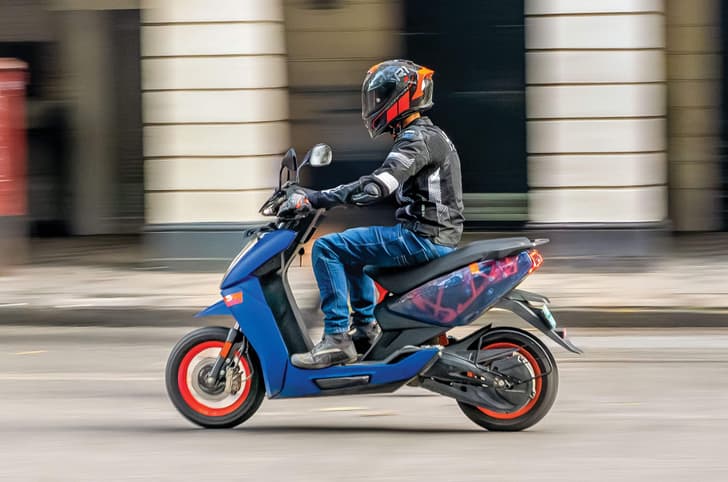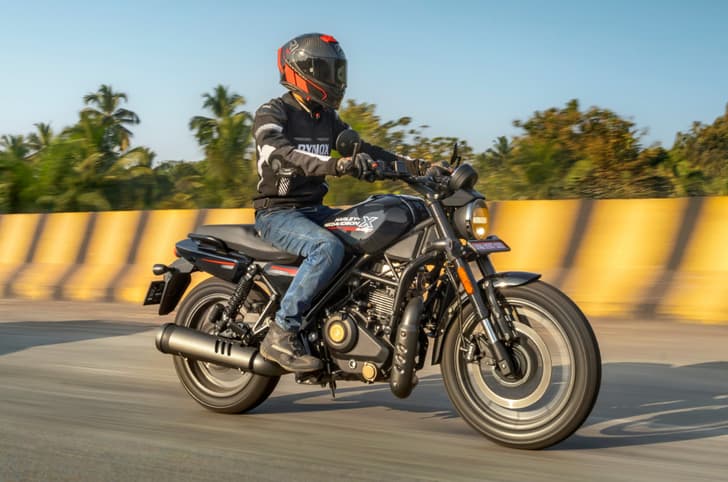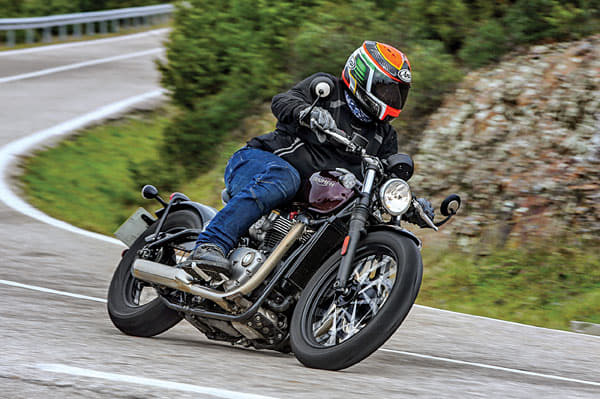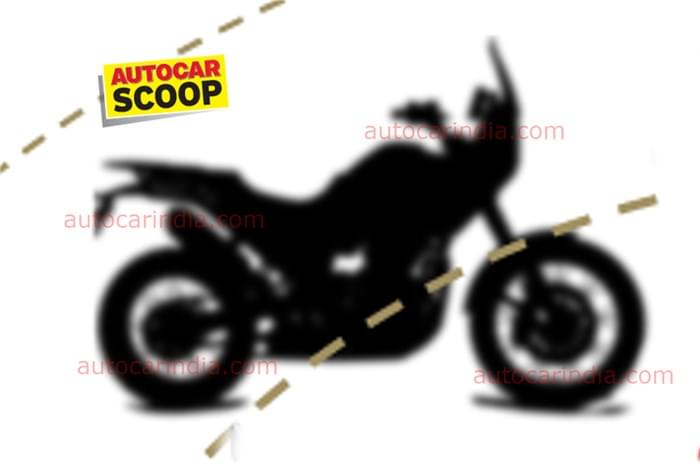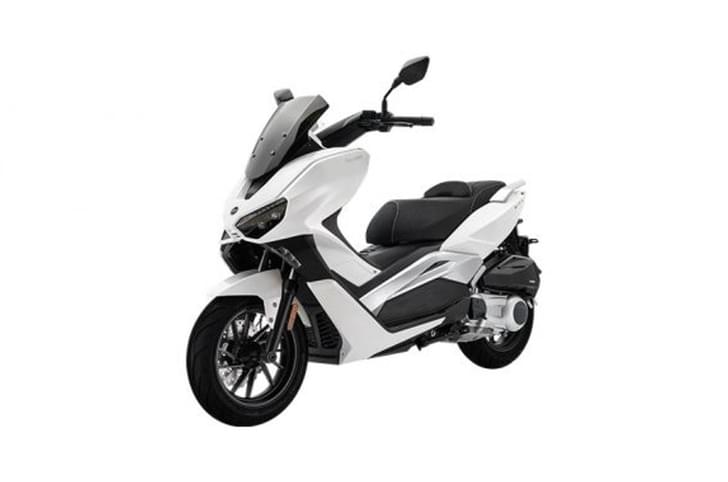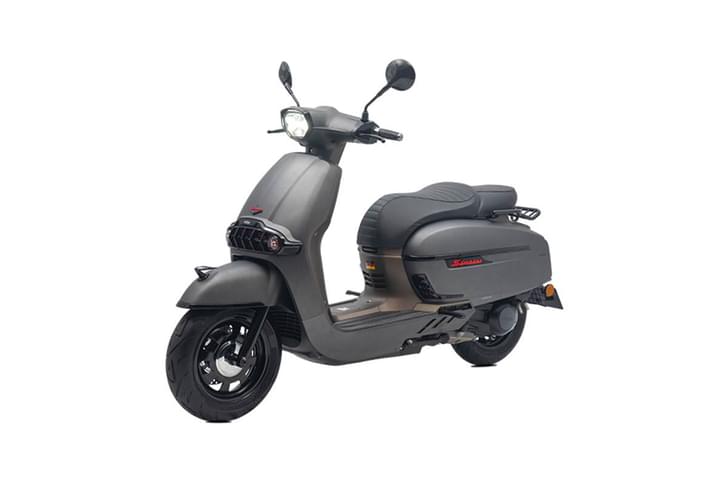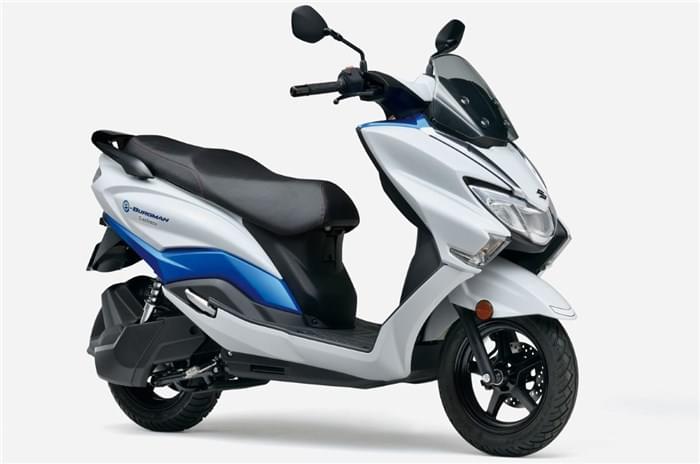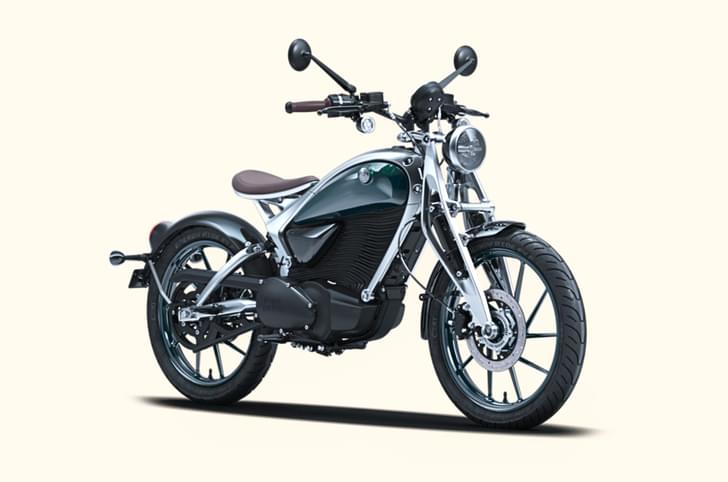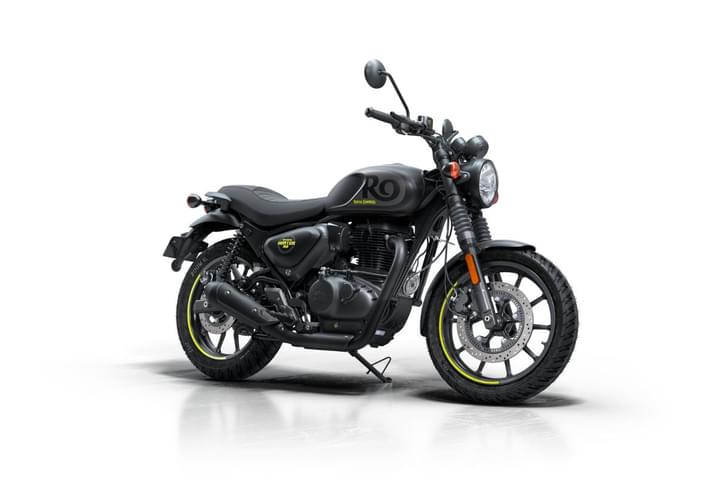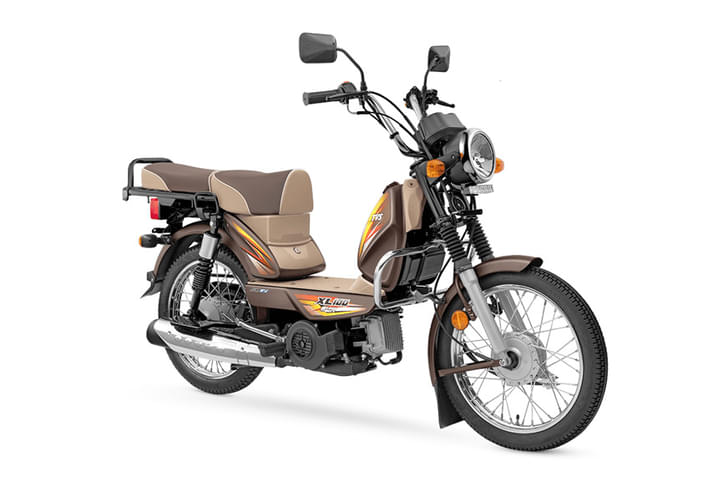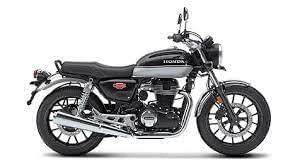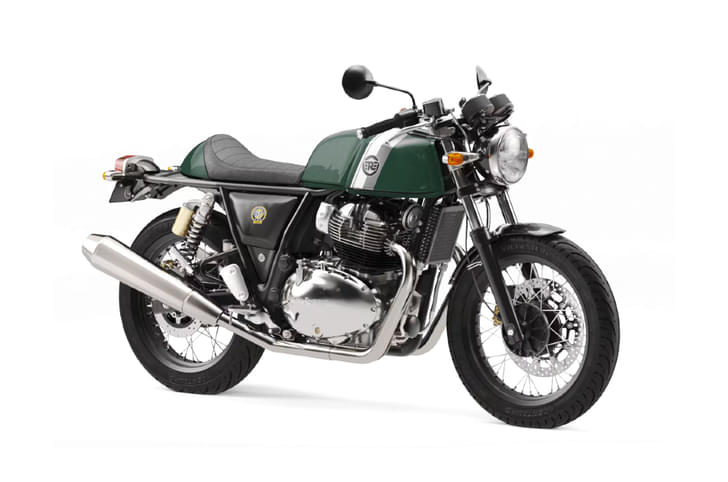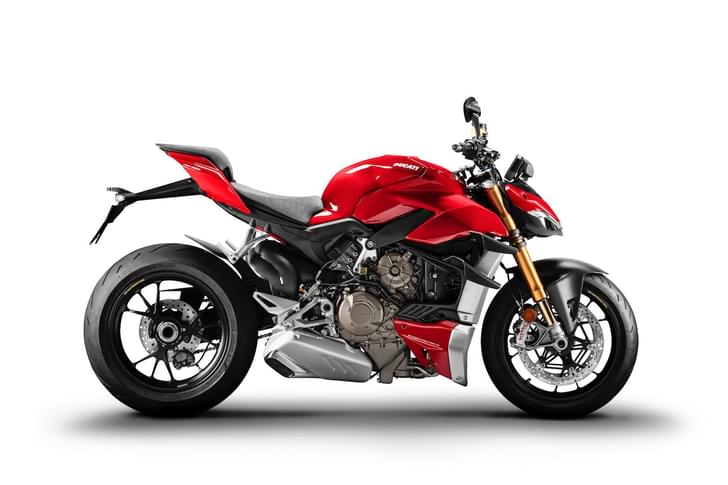The Pulsar RS200 used to inevitably divide opinion when it came to its looks. Some were bowled over by all the edges and lines and shapes and surfaces, while others frowned upon them. We personally thought it was a bit garish, overstyled even. Bajaj, kindly, took heed, and did a little something to strike better balance. They offered two new colour schemes – Graphite Black and Racing Blue – and while that may not sound like a lot, it makes a huge difference.
Personally, I belonged to the set of people who frowned upon the RS200’s overstyling. I liked the general shape and form of the thing, but there were too many contrast-coloured accents that accentuated the ‘too many’ lines and edges. When I walked on to Bajaj’s Chakan test track and beheld the new ‘Graphite Black’ RS200, I was sold. It looked great!
Colour schemes apart, the changes to the 2017 model are limited to BS-IV compliancy for the engine and inclusion of the ‘Automatic Headlamp On’ feature.
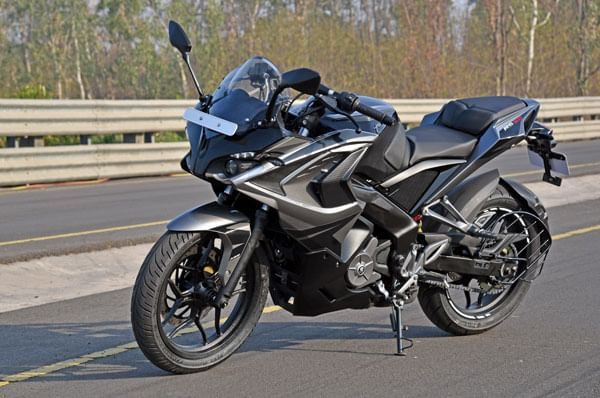
The drivetrain remains unchanged. Powering the RS200 is the same 199.5cc, liquid-cooled, single-cylinder engine that can be found in the NS200. Here, though, it makes 24.5hp at 9,750rpm and 18.6Nm at 8,000rpm, and feels very different in character. The RS200’s engine is definitively peaky, with the cream of the power kicking in only after 7,000rpm. Though the red line is marked at 9,500rpm, the engine will gladly rev till it hits the limiter at 11,000rpm. The engine feels crisper, sharper than in the NS200. However, refinement levels are lower when compared to the NS, with vibrations more pronounced, especially in the foot pegs.
The engine continues to be mated to a six-speed gearbox that offers shifts which feel crisper and more precise than in the NS.
The RS200 rides on telescopic forks up front and an adjustable monoshock at the back, and ride quality is generally good. Once again, we were testing this bike on the smooth surface of a track, so there was little room to pass judgement on the bike’s bump-swallowing ability. Our previous reviews, however, rate the ride as neither too firm nor too soft, with a nice sporty feel.
Like the NS200, the RS200 gets a twin-spar, pressed-steel frame that imparts it with admirable structural integrity. That, combined with the suspension setup, arms the rider with great confidence when negotiating both straights and corners at higher speeds.
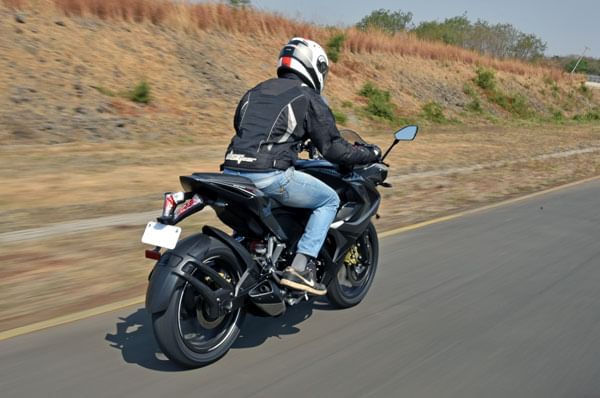
The RS200 gets a 300mm petal-type disc up front, chomped on by Bybre brakes, while the rear gets a 230mm disc. The bike is armed with single-channel ABS. The shedding of speed is handled well by this setup.
At Rs 1,21,881 (non-ABS) and Rs 1,33,883 (ABS) (ex-showroom, Delhi), the RS200 is priced quite well, especially considering the equipment it receives (ABS, projector headlamps), and those new colour schemes widen its appeal considerably. The full fairing makes it slightly more unwieldy as compared to the NS200 – especially in city conditions – but for those looking for an affordable, fully-faired bike with sporty orientations, the RS200 is a compelling package.









